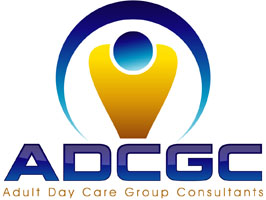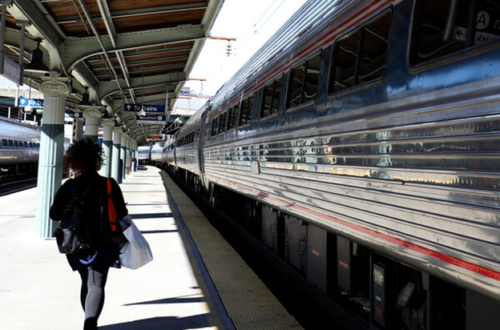THE FUTURE OF ADULT DAY CARE IN THE U.S.A.
Nearly 78% of adult day centers are operated on a nonprofit or public basis, while the other 22% are for-profit.
Seventy percent of adult day centers are affiliated with larger organizations such as home care, skilled nursing facilities, medical centers, or multi-purpose senior organizations.
The average age of the adult day center care recipient is 72, with two-thirds of them being women.
About 35% of seniors in adult day care live with an adult child, while 20% live with a spouse, 18% in an institutional setting, 13% with parents or other relatives, and 11% live alone.
Nationwide, 52% of adult day center clients have some form of cognitive impairment.
Daily fees for adult day services vary by services provided. The national average rate for adult day centers is $61 per day (for an average of 8-10 hours of care) compared to an average rate for home health aides of $19 an hour. Per day median cost in the U.S. for adult day services is $69 as opposed to $126 for home care, $120 for assisted living, and $235 for nursing home care.
Funding for adult day services comes from service fees and third-party sources, along with public sources and charitable contributions.
The average capacity of adult day centers is 40, with a staff ratio of 6:1.
There were 5,685 adult day care programs operating in the United States, up from 4,601 in 2010. Of older adults attending adult day services, 74% live at home.
The U.S. has seen a 35% increase in adult day services centers since 2002. These centers serve over 260,000 participants and family caregivers— an increase of more than 100,000, or 63%, since 2002.
Nearly 80% of adult day services centers have a nursing professional on staff. Almost 50% of these centers have a social work professional on staff, and about 60% offer case management services. Roughly 50% provide physical, occupational, or speech therapy.
Adult day services participants have increasingly higher levels of chronic conditions and disease, such as hypertension (46%), physical disability (42%), cardiovascular disease (34%), diabetes (31%), mental illness (25%), and developmental disability (20%).
On average, adult day care services have one direct caregiver for every six participants.
More than 80% of adult day care participants attend full days and 46% attend five days per week, enabling family caregivers to remain in the workforce.
The average annual cost for adult day services is $17,904 as opposed to “homemaker” home care at $44,616 and a home health aide at $45,760. Assisted living is $43,200, with semiprivate nursing home care at $80,300 and private nursing home care at $91,250.

